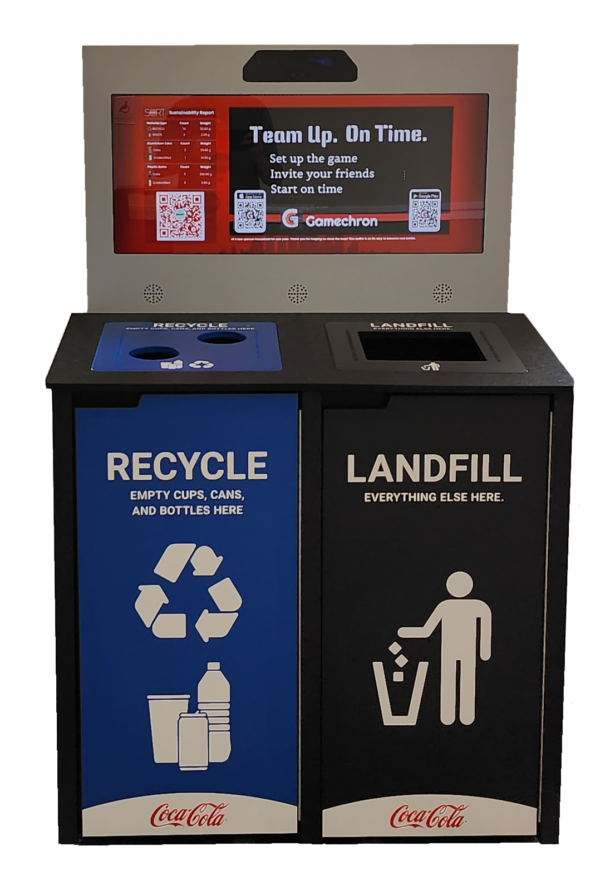Sustainable development has become an increasingly important topic in recent years, as concerns about climate change, resource depletion, and social inequality continue to grow. At the heart of any successful sustainable development strategy is data collection. By collecting and analyzing data on various aspects of sustainability, from carbon emissions to social impact, we can better understand the challenges we face and develop effective solutions to address them.
The urgency of collecting data on sustainable development cannot be overstated. Climate change, in particular, is a pressing issue that requires immediate action. Without accurate data on greenhouse gas emissions, for example, it is difficult to determine the scale of the problem and develop effective strategies to reduce emissions. The same is true for other sustainability issues, such as water scarcity and deforestation. Without data, we cannot accurately measure the impact of our actions or track progress towards our sustainability goals.
Collecting data on sustainable development is not only important for identifying problems, but also for developing solutions. Data can help us understand the root causes of sustainability issues and identify the most effective interventions. For example, data on energy consumption and building design can inform the development of more energy-efficient buildings, while data on waste management can help us develop more sustainable waste disposal systems.
In addition to informing sustainable development strategies, data can also be used to hold individuals, organizations, and governments accountable for their actions. By collecting data on sustainability practices, we can identify those who are taking positive steps towards sustainability and hold those who are not accountable for their negative impact.
Despite the urgency of collecting data on sustainable development, there are still significant challenges to be addressed. One of the biggest challenges is ensuring that data is collected in a consistent and standardized manner. This requires collaboration and agreement among stakeholders on what data to collect and how to collect it.
Another challenge is ensuring that data is accessible and understandable to all stakeholders, including policymakers, investors, and the general public. This requires the development of user-friendly data platforms and visualization tools that can communicate complex data in a clear and concise manner.
In conclusion, the urgency of collecting data on sustainable development cannot be overstated. Data is essential for identifying sustainability challenges, developing effective solutions, and holding individuals, organizations, and governments accountable for their impact on the environment and society. To ensure a sustainable future, we must prioritize the collection and analysis of data on sustainability issues and work together to overcome the challenges that lie ahead.




